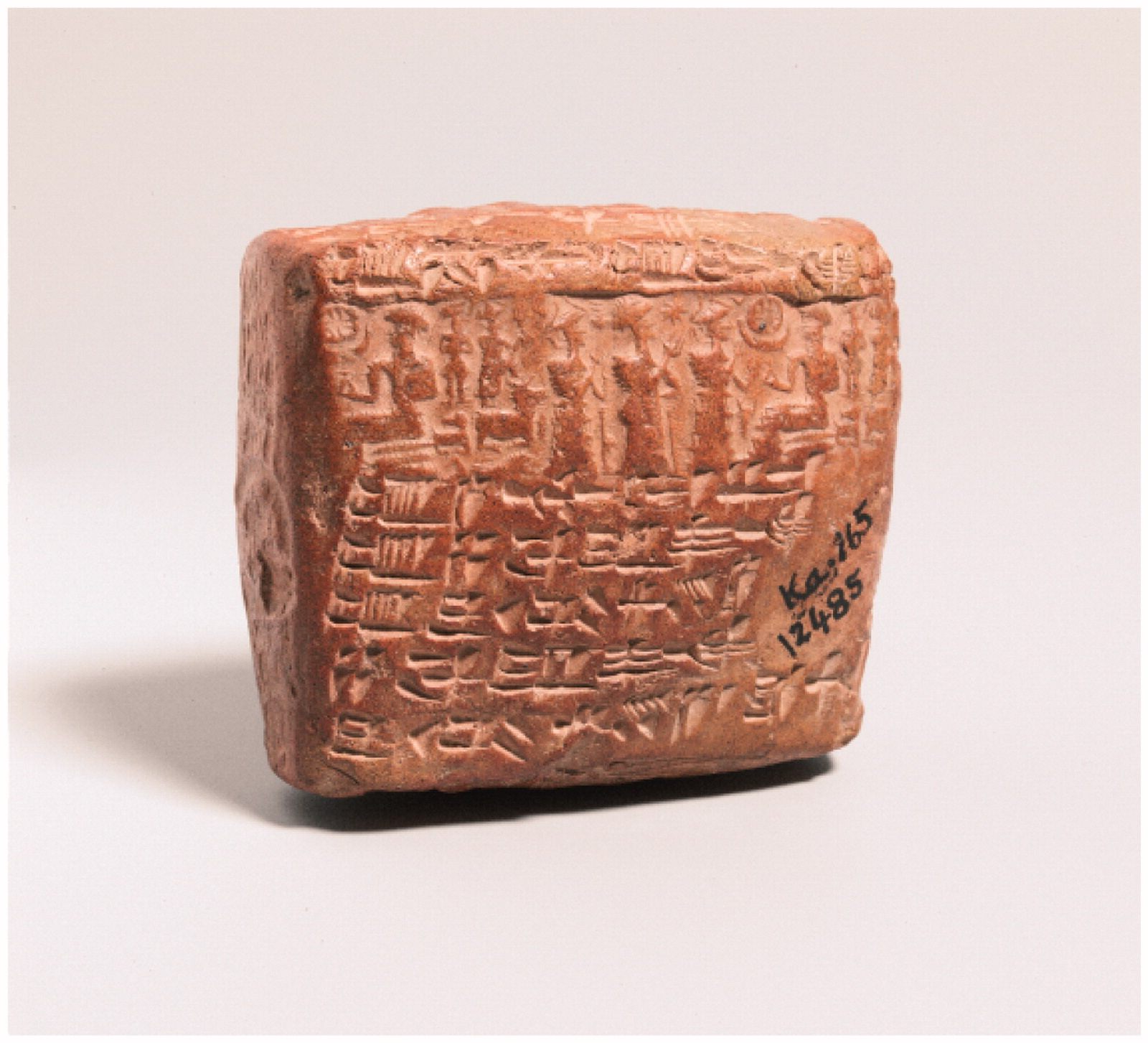Found: A Cuneiform Marriage Contract That Addresses Infertility and Surrogacy
They had two years to procreate, or a hierodule would be hired.

We’ve learned a great deal about ancient Mesopotamian civilizations from cuneiform writing: Babylonians dug pigeon stew, Sumerian king Urukagina tried to address social inequality, and poor customer service was already a problem 4,000 years ago. And now we know that couples getting married then were concerned about being left childless.
A group of researchers led by Harran University in Şanlıurfa, Turkey, examined a 4,000-year-old Assyrian tablet found at the UNESCO World Heritage site of Kültepe-Kaneshe, near the modern city of Kayseri. Once translated it was found to contain a marriage contract that makes the first known reference to infertility.
The contract, written in Old Assyrian and signed before four witnesses, stipulates that the wife in question was to hire a hierodule, or female slave, to serve as a surrogate mother if the couple failed to conceive a baby two years from the wedding date. It also specifies that the husband could not marry another woman—Mesopotamians were monogamous—and that if one of them opted for divorce, he or she would owe the other five minas of silver (more than five pounds, or about $1,500 worth, at press time).

“The female slave would be freed after giving birth to the first male baby [to ensure] that the family is not … left without a child,” Ahmet Berkız Turp, from Harran University’s gynecology and obstetrics department, said to Turkish television channel NTV. A paper on the find coauthored by Turp appeared in the journal Gynecological Endocrinology.
Since archeologists started digging at Kültepe-Kanesh, occupied from around 2100 to 1700 B.C., they have unearthed about 1,000 cuneiform tablets. But none of them say whether the surrogate hierodule was necessary after all.





















Follow us on Twitter to get the latest on the world's hidden wonders.
Like us on Facebook to get the latest on the world's hidden wonders.
Follow us on Twitter Like us on Facebook